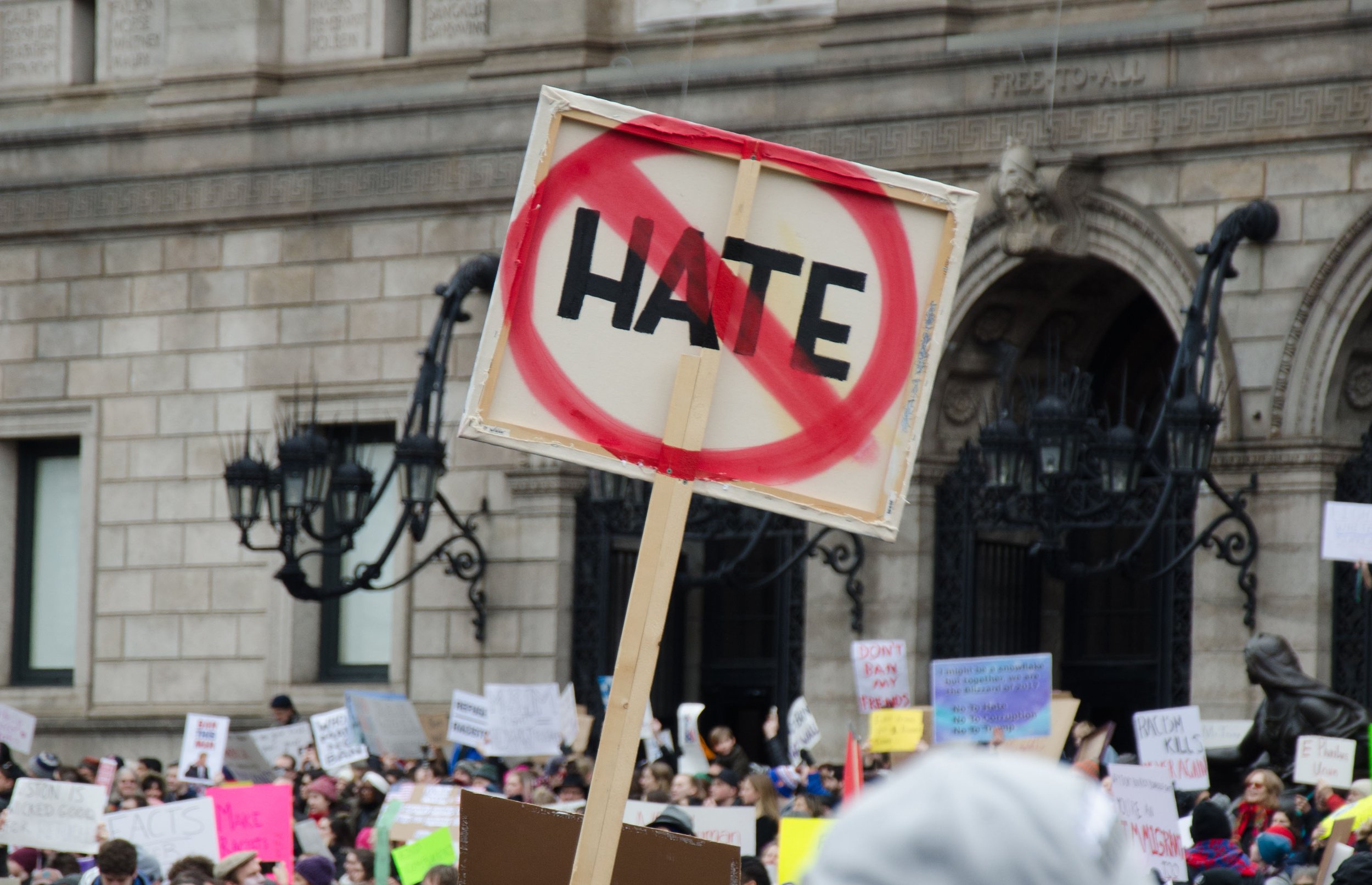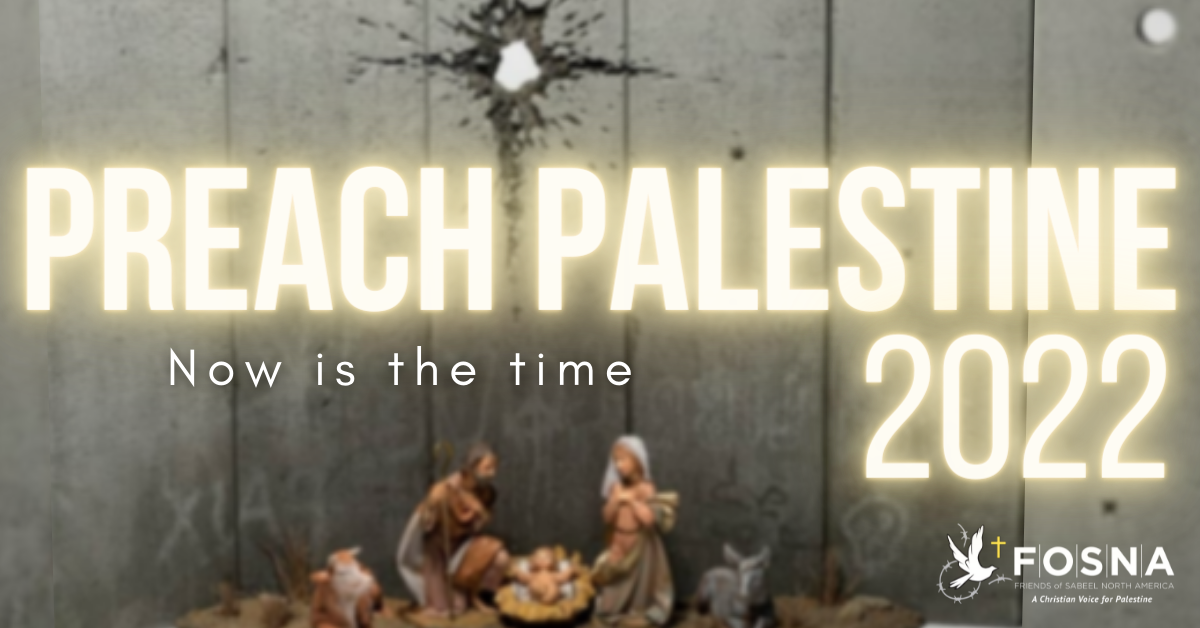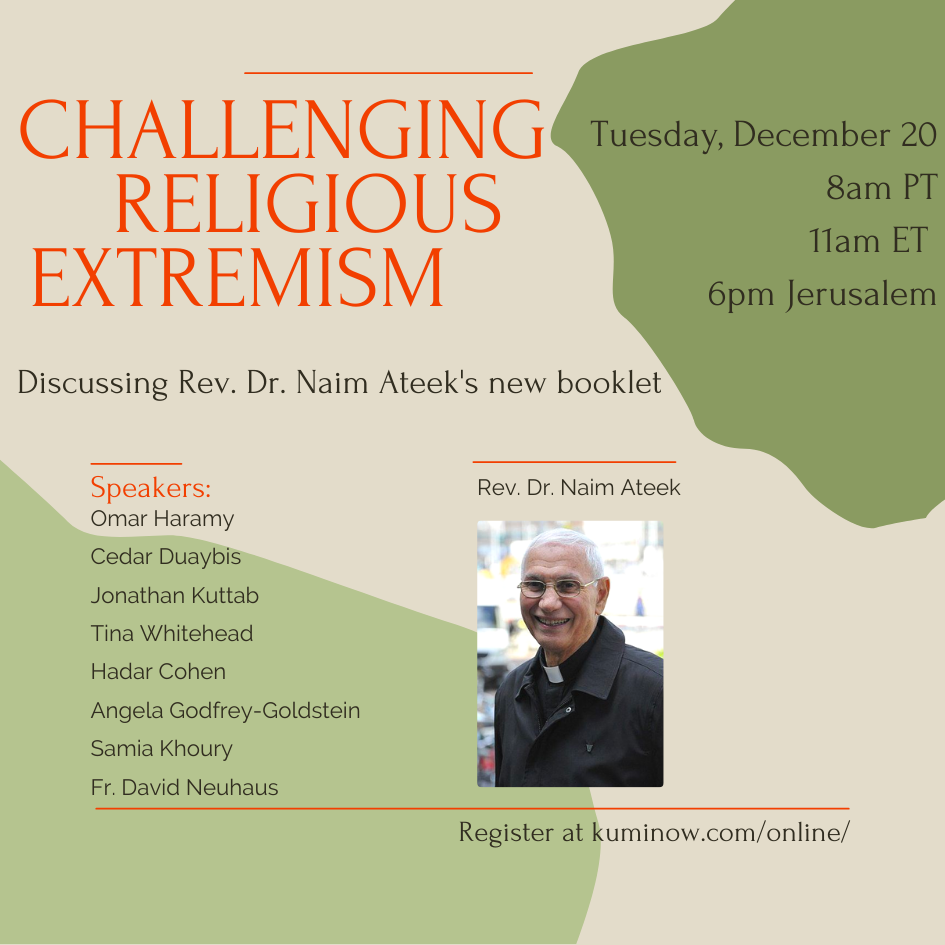On the IHRA Definition of Antisemitism
by Jonathan Kuttab
As the nature of the Israeli apartheid regime becomes more and more apparent to the outside world and the rightward shift in Israel becomes harsher and more indefensible, false charges of antisemitism have increased. Such charges are made in order to smear and intimidate those who criticize Israeli policy as well as silence advocates for Palestinian rights, particularly on campuses.
One of the tools increasingly used in such smear campaigns consists of recent efforts to urge various institutions and organizations to adopt the International Holocaust Remembrance Alliance (IHRA) definition of anti-semitism. The IHRA definition (as if any definition was needed for the vile phenomenon of antisemitism) provides 11 examples of “antisemitism,” a whole seven of which relate specifically to Zionism and the state of Israel. The effect is the total conflation of antisemitism with anti-Zionism and efforts to oppose Israeli apartheid. Precisely because Israel openly endeavors to promote Jewish rights at the expense of the rights of non-Jews, those who would challenge Israel have always faced the danger of being smeared and falsely accused of anti-Jewish antisemitism. The IHRA definition strategically attempts to formally institutionalize this confusion between anti-Zionism (opposition to the bigoted policies of a modern state) and antisemitism (the vile hatred of our Jewish sisters and brothers), and it seeks to benefit Zionism as a result of the very legitimate revulsion created by the horrors of the holocaust.
The process begins by the subtle introduction of the IHRA definition as part of a campaign to combat racism and hate speech, and having it adopted by institutions, universities and colleges, and churches, as well as by countries and government authorities. This process takes place usually under the radar, and progressive people often unknowingly vote for the adoption of this definition believing they are fighting hate speech and antisemitism. Where the process becomes publicly known, it is often challenged and ends up being either rejected outright or adopted by executive action without discussion or debate. Already several states, municipalities, and institutions have adopted this definition. By contrast, most experts in antisemitism have expressed serious reservations about this definition. 128 scholars specializing in antisemitism, holocaust studies and Modern Jewish fields recently publicly found this definition to be deeply problematic.
Once adopted, the IHRA definition is then weaponized against any Palestinian advocacy activity, as being “antisemitic.” Reference is then made to the IHRA definition and the specific examples listed within it to then “prove” that the activity in question is indeed antisemitic and therefore should not be permitted. Under this process, chapters of Students for Justice in Palestine (SJP) have been banned, films and festivals prohibited, and professors and other professionals fired, censured, or intimidated. Not once, however, has this “definition” been used to censure or silence real antisemites who show open hatred towards Jewish people or espouse stereotypical tropes about Jews and Judaism. Rather, it has been repeatedly used against advocates for Palestinian justice and critics of Zionism and the apartheid policies of the state of Israel.
To be sure, hatred for Jews and Judaism is a vile phenomenon that has led to oppression and injustice against the Jews for millennia. It is completely appropriate and necessary to fight it, particularly in the Christian West where antisemitism continues to linger just under the surface. We have seen recently that with the rise of Christian nationalism and the relaxation of standards by Twitter and other social media platforms, the need for vigilance against all forms of racism and bigotry is needed. At FOSNA we have been clear that this is a sin and an abomination, a betrayal of the fundamental humanity of people made in the image of God. Yet, to weaponize accusations of antisemitism in order to silence Palestinian advocacy or to use such accusations to advance the policies of a country which openly promotes the supremacy of Jews and their rights over others is not acceptable.
The evil done to Jews over the centuries in the name of Christianity cannot be used to justify the racism and discrimination exercised by Israel against others. The true lesson of the holocaust that we must remember is to “never again!” permit such evil and inhumanity against anybody and to be vigilant in our defense of the dignity of all. Whether the victims of such bigotry are Jews, Muslims, Arabs, Palestinians, or people of color, it is evil and we must stand with the victims. We should do so even if the perpetrators of bigotry are recent and potential victims themselves.
FOSNA News
Now is the Time: 2022 Christmas Appeal
This week, we launched our annual Christmas Appeal. To read Sabeel Director Omar Haramy's message and give today, click the link below.
We are seeking an intern for the Spring Semester! If you would like a fully remote internship experience focusing on social media management and grassroots campus organizing for Palestine, please send your resume to friends@fosna.org.
Click the link below for more information!
Take Action!
Preach Palestine 2022
Now Is the Time!
Friends of Sabeel North America is calling on Christian leaders across the U.S. to commit their congregations to Preach Palestine this Advent season.
Be it an entire service or a single prayer, we are asking you to once again Preach Palestine and lift up the Palestinian people such that they would come to experience the joy, justice, and peace of Christ's liberating reign, as a very real light in the present darkness.
Click the link below to learn more and find resources!
World Cup 2022
#SoccerNotCells
The Qatar World Cup is almost over. While Palestine has had an incredible presence with solidarity coming from fans and players from around the world, Palestinian children in Israeli jails are still not free.
Please keep tweeting #SoccerNotCells! Click the button below to send out a new pre-written tweet of the week! (Reminder: You must be logged-in first):
Raise the Flag
Palestinian, Arab and international sports fans are taking action to stand for Palestine during the 2022 World Cup. Join in actions to raise the Palestinian flag!
Raise the Palestinian flag in your home, window, stadiums and viewing parties!
Wear a Palestinian flag or kuffiyeh armband at your World Cup events
Share campaigns for justice in Palestine and join the social media storms for #RaiseTheFlag and #RaisePalestineFlag
Get Involved!
We invite you to join us in the following events and activities:
December 20: Online
“Challenging Religious Extremism” Booklet Launch
Join us Tuesday, December 20th, at 11am ET for the launching of "Challenging Religious Extremism" by Rev. Dr. Naim Ateek!
Speakers include: Omar Haramy, Cedar Duaybis, Jonathan Kuttab, Tina Whitehead, Hadar Cohen, Angela Godfrey-Goldstein, Samia Khoury, Fr. David Neuhaus, and Rev. Dr. Naim Ateek.
Sabeel Ecumenical Liberation Theology Center, Jerusalem:
Weekly
Sabeel Prayer Service. Join Sabeel every Thursday (6pm Jerusalem) for online Bible Study, discussion, and prayer. Examine scripture in light of the ongoing realities confronting the Palestinian Church and the pursuit of Palestinian liberation.
Wave of Prayer. Subscribe to receive Sabeel's Wave of Prayer, enabling friends of Sabeel around the world to pray over issues of critical concern to the Holy Land on a weekly basis.
Kumi Now! (Week 50) Right of Return. December 11 is the anniversary of the passage of U.N. Resolution 194 in 1948. It stated, “refugees wishing to return to their homes and live at peace with their neighbors should be permitted to do so at the earliest practicable date …” Palestinians are still waiting on that “earliest practicable date.” Here’s what you need to know and what you can do so that together we can rise up.







